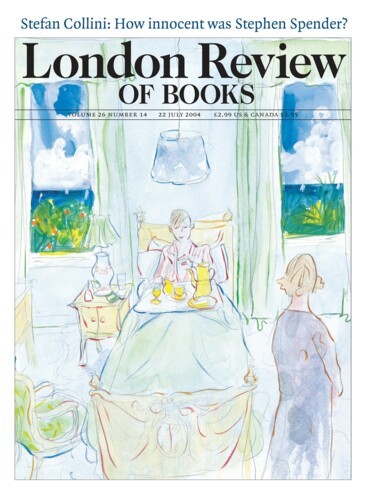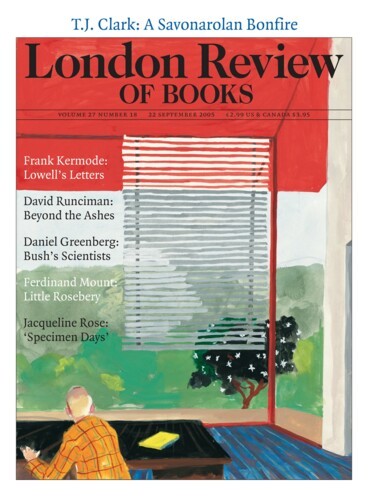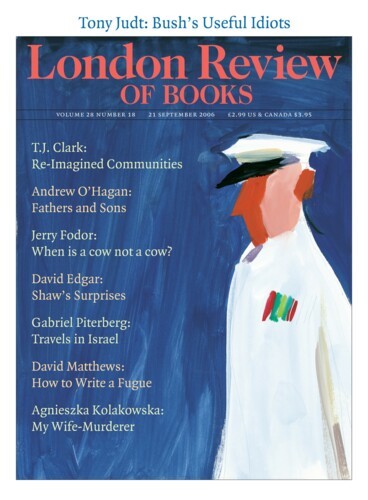Decay-Prone: The intolerance of liberalism
Stephen Mulhall, 22 July 2004
Liberalism has been dogged by the suspicion that its commitment to tolerance is essentially duplicitous. The goal of respecting each person’s equal right to choose for herself how to live is surely definitive of a liberal conception of the good life for human beings; but if that is so, it requires a kind of neutrality from the state which flows from a belief in the superiority of that...




